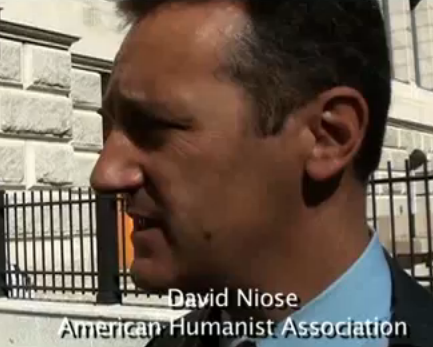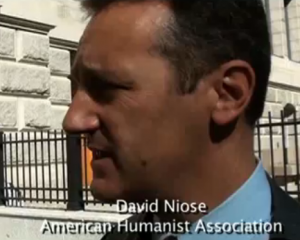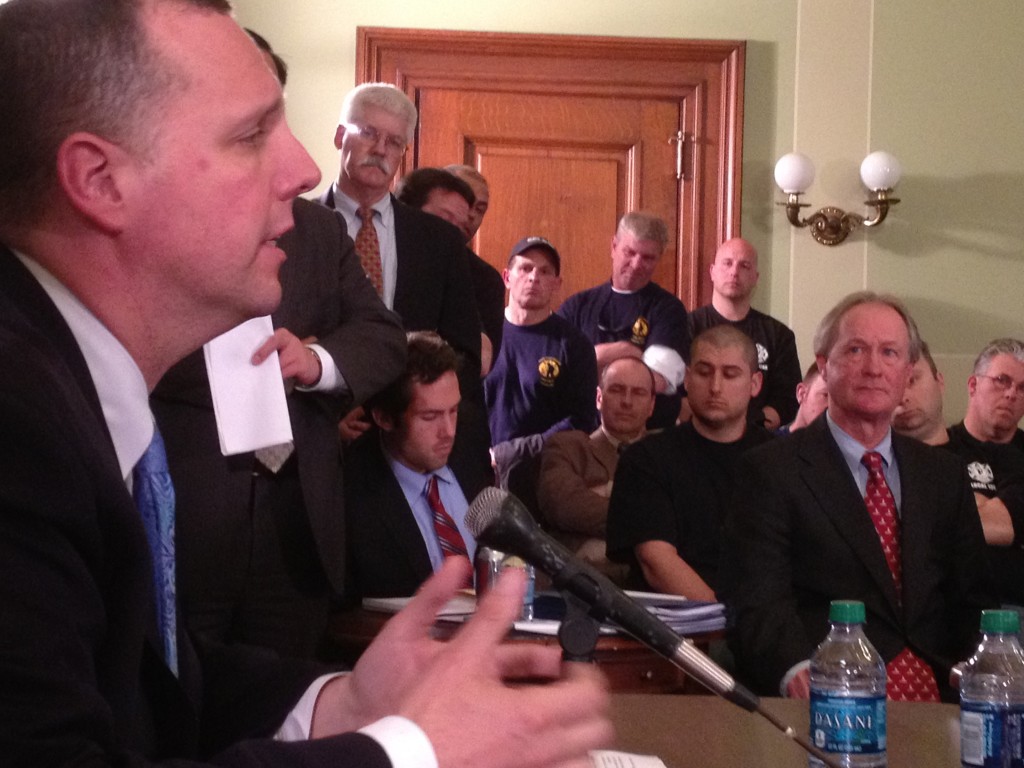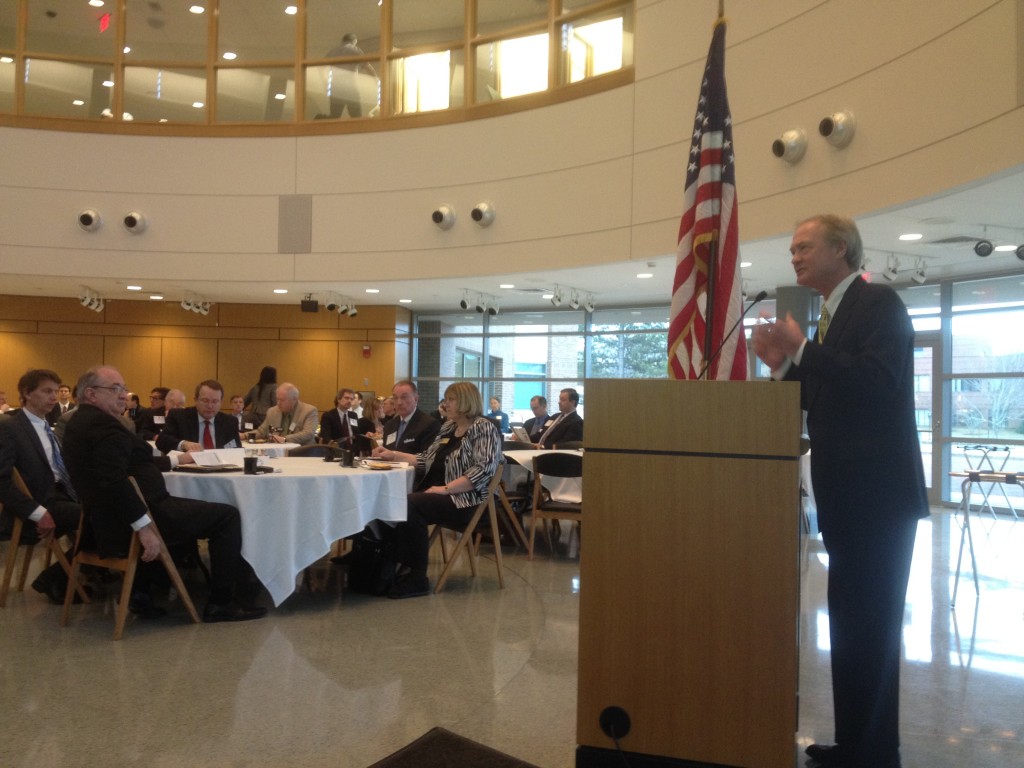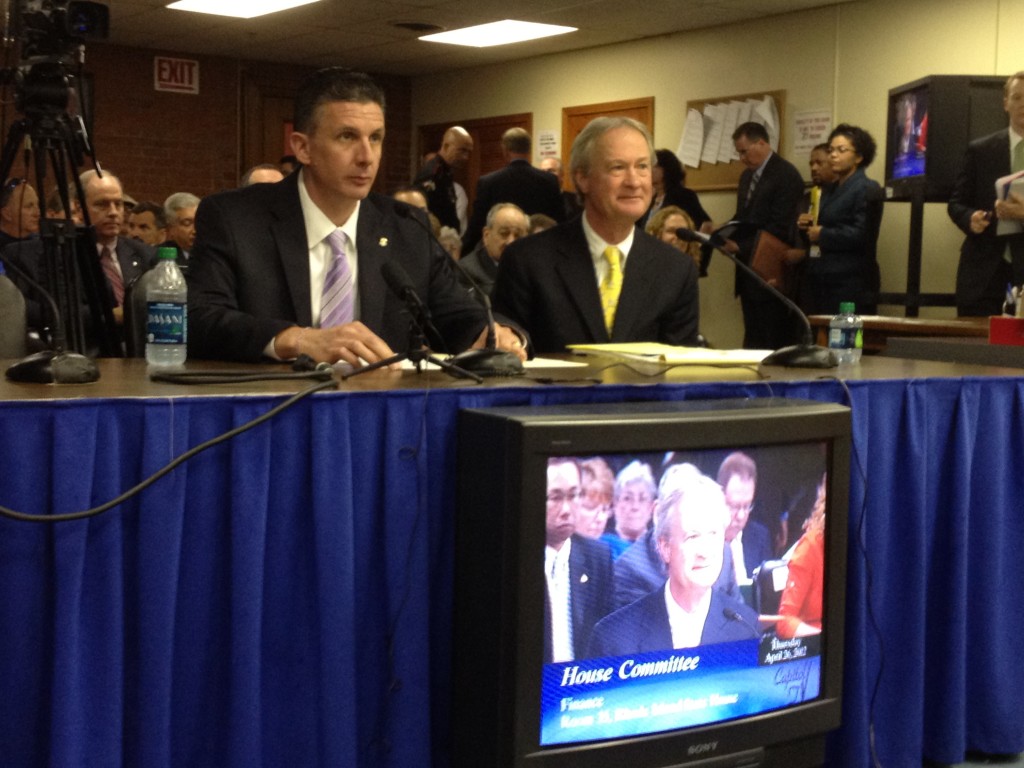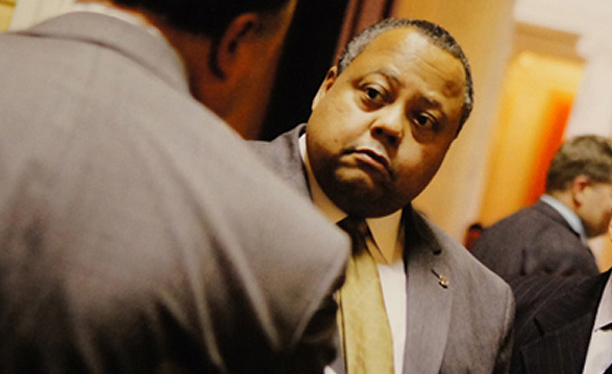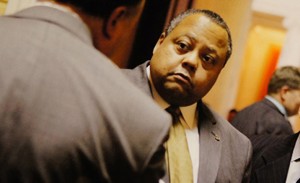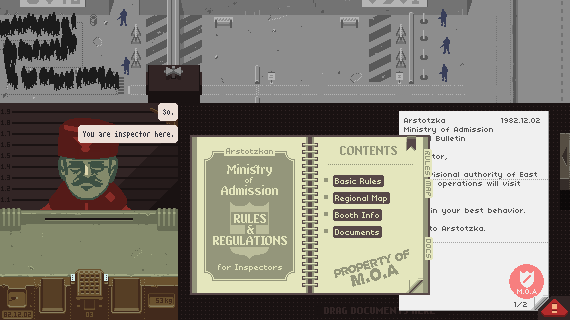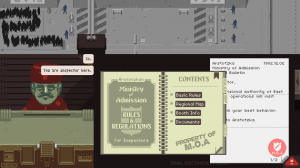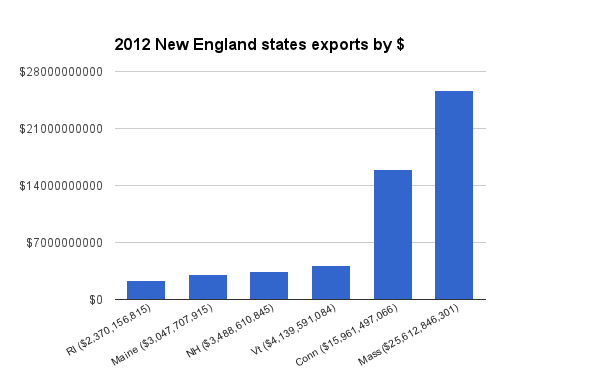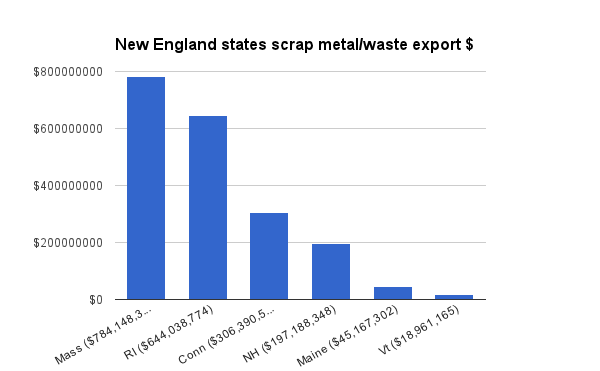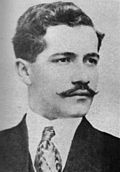 In a conference call on Syria with House members this past Monday Secretary of State John Kerry called this a “Munich moment.” My throat clenched up as I read yet one more in an endless series of references to Neville Chamberlain’s ill-advised attempt at peacemaking with Adolf Hitler in 1938.
In a conference call on Syria with House members this past Monday Secretary of State John Kerry called this a “Munich moment.” My throat clenched up as I read yet one more in an endless series of references to Neville Chamberlain’s ill-advised attempt at peacemaking with Adolf Hitler in 1938.
Let’s start with a stipulation: The use of chemical weapons is barbaric and ought not to be tolerated. I believe this, and probably you do, too. No one is arguing about this.
However, I don’t know about you, but I have had it up to here with people trotting out the ghost of Neville Chamberlain whenever there is a war to be waged. It’s offensive and silly for two reasons. The first is that it implicitly compares every bad guy to Hitler. Bashar al Assad is certainly not my kind of guy, but he has not turned his nation into a war-making expansionist machine that threatens his neighbors with its designs on their territory. (Though of course he is no friend of Israel.) Assad is a dictator fighting a brutal civil war against mostly domestic opponents, many of whom are no friends of ours. He is also not a threat to the United States. Apart from the dictator bit, the comparison to Hitler fails on every count, from the war aims to the mustache.
The other reason invoking Chamberlain’s ghost is offensive is this: Munich was in 1938. Was Neville Chamberlain the last guy to make a foreign policy mistake? Is Secretary Kerry telling us that no one since then has made enough of a mistake to learn lessons from? Does he have nothing to learn from, oh, I don’t know, Lyndon Johnson?
Johnson liked to refer to Munich, too, and in 1965 used the comparison to say that surrender in Vietnam would encourage the aggression of the North Vietnamese. This was the moment that Johnson essentially Americanized the Vietnam war. With 48 years to think about it, would Secretary Kerry agree with Johnson’s assessment now?
How about the Bush gang who brought us war in Iraq? They were all over the Chamberlain analogy. In 2002 Donald Rumsfeld said that looking for proof of Saddam Hussein’s weapons programs was “appeasement” akin to Munich. With 11 years to think about it, would Kerry agree with Rumsfeld’s assessment now?
Here’s some news: since Chamberlain’s dumb mistake in 1938, we fought WWII, but we also fought wars in Korea, Vietnam, Iraq, the Balkans, Somalia, Afghanistan, Grenada, Panama, and probably others I’m forgetting. Do we have no lessons to learn from those adventures? How about all the proxy wars we had others fight for us in Nicaragua, El Salvador, Guatemala, Angola, Laos, Afghanistan and the rest? Is Neville Chamberlain more relevant to a decision about war today than all of that blood and treasure spilt?
And beyond all that, please Secretary Kerry, tell me again why I should believe the intelligence assessment that supposedly guarantees the chemical attacks really were the work of Assad’s army? On whose credibility would I rely should I believe those reports? Would those be the same agencies that told me so clearly false things about weapons in Iraq? So far as I can tell, the evidence in Syria remains quite cloudy. For example, the relevant UN agencies do not agree that the responsibility for the attack is clear. Claims of certainty are little more than the usual stance of the charlatan.
President Obama went even farther than Kerry. He said, about the use of chemical weapons: “The moral thing to do is not to stand by and do nothing.” He later added, “I do have to ask people if in fact you’re outraged by the slaughter of innocent people, what are you doing about it?”
This is a legitimate challenge, and the civilized world has struggled with it for decades. However, the struggle is not a struggle simply to find answers to the question. We do not lack for answers; we lack for good answers. We have plenty of experience with answers that are ineffectual, wasteful, and expensive. These are bad answers, and I’m tired of our nation’s routine answer that seems mostly to consist of blowing things up, shooting people, and getting our soldiers shot and blown up in turn.
To some, the President’s failure to muster international support for action against Syria means we must take up the task ourselves. To me, the failure means that the world isn’t ready or able to enforce a ban on chemical weapons. While I agree that this is tragic, I don’t agree that a solo strike against Syria will make it any better.
Sanctions, boycotts, frozen assets, arguments in the Hague — all these things are far less cathartic than the fantasy of justice delivered on the tip of a cruise missile. But when you consider the uncertainty of the intelligence and the muddle of the Syrian civil war, the likelihood of such a missile even being aimed at an appropriate target seem very small, let alone hitting it. I believe there are other solutions to find, and that we owe it to ourselves and to the rest of the world to seek them.
Please, for once, let’s consider the limits of power. Is it disloyal to point out that history teaches other lessons besides Neville Chamberlain’s? Is it unpatriotic to care about blood and treasure? Is it treasonous to suggest that the most powerful country on earth is not actually omnipotent?
It’s tempting to fantasize how easy solutions would be if we could just storm in and knock some heads. But Captain America is a comic-book figure, not a model after which to fashion our armed forces. Here in the real world, problems are difficult to solve because they are complicated. The easy answers are bad ones. Unleashing more violence on war-torn Syria is nothing more than a seemingly easy solution that will do more harm than good. I beg our congressional delegation not to go along with the easy march to regrettable violence. Some will moan about losing “credibility”, but that is not the only object of value to protect. In the end, our nation will be stronger tomorrow for restraint today.
 Rhode Islanders are mobilizing against a military intervention in Syria. Many will meet on Thayer Street Saturday for a rally at 1:00 p.m. Others have been contacting our congressional delegation to convince them to vote down the matter. WPRI reports today that Congressman Jim Langevin is still on the fence while Congressman David Cicilline is leaning against it.
Rhode Islanders are mobilizing against a military intervention in Syria. Many will meet on Thayer Street Saturday for a rally at 1:00 p.m. Others have been contacting our congressional delegation to convince them to vote down the matter. WPRI reports today that Congressman Jim Langevin is still on the fence while Congressman David Cicilline is leaning against it.




 Tonight at the Artist’s Exchange on 50 Rolfe square in Cranston, Rhode Island Australian singer/songwriter Shelley Segal will be appearing with local legend Jacob Haller in a concert/fundraiser for
Tonight at the Artist’s Exchange on 50 Rolfe square in Cranston, Rhode Island Australian singer/songwriter Shelley Segal will be appearing with local legend Jacob Haller in a concert/fundraiser for 



